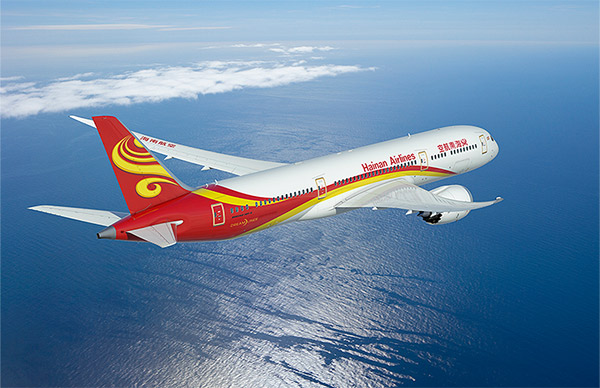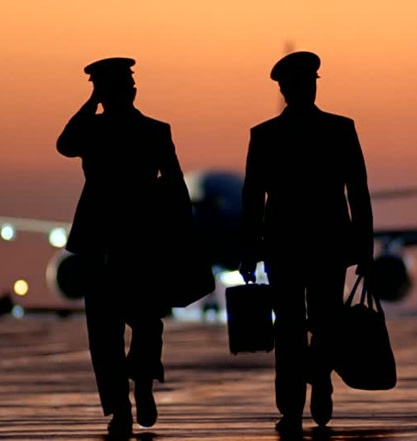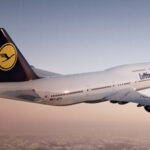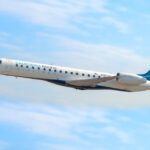Boeing Forecasts Strongest Demand for Pilots Will Be in Asia Pacific Region

In an updated Boeing Pilot & Technician Outlook report the aerospace manufacturer has forecasted that the greatest global demand for new civil aviation personnel over the next 20 years will be in the Asia Pacific Region, accounting for more than one-third of global demand.
The report looks at the need for new aviation personnel and is tied to projections for new airplane deliveries. Boeing says 40 percent of all new airplane deliveries in the next 20 years will be in the Asia Pacific Region.
Pilot demand projections were decreased five percent from previous reports due to regional trends indicating a peak in pilot retirements in the first decade of the forecast and less of a need for replacement airplanes in the later years of the projected period. Projected demand for pilots during the 20 years remains strong with a need for an additional 240,000.
Boeing breaks down the need for pilots to:
- China: 128,500 pilots
- Southeast Asia: 48,500 pilots
- South Asia: 42,750 pilots
Expat Pilot Job Opportunities in the Asia Pacific Region
Countries outside of the United States are working on getting their own supply pipeline setup for pilots. However, many suffer from a shortage of experienced pilots to work as captains. There exists a job market for expat pilots to work as captains in foreign countries, with a significant need for this in the Asia Pacific Region.
Working as an expat pilot is often done on an individual contract basis with many of these opportunities available through flight crew leasing companies. The jobs often pay more, have tax advantages versus working for pilot employers in the United States – and can include additional perks such as housing, private school tuition, and free health care. Many available contracts include choices in deployed time vs time off to suit the work life balance each pilot desires.
Expat pilot work often comes with no union protections, challenging work environments with the infrastructures actively being developed and inexperienced support personnel. Expat pilot opportunities can be inconsistent and there is a risk to stability of openings as more local pilots are gaining experience in foreign countries.
Greg started his professional pilot journey in 2002 after graduating from Embry Riddle. Since that time he has accumulated over 8,000 hours working as a pilot. Greg’s professional experience includes flight instructing, animal tracking, backcountry flying, forest firefighting, passenger charter, part 135 cargo, flying for a regional airline, a national low cost airline, a legacy airline, and also working as a manager in charge of Part 135 and Part 121 training programs.



